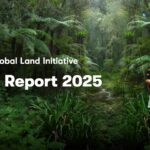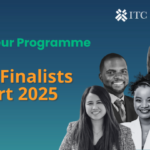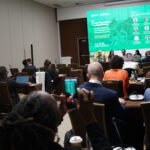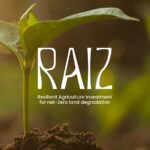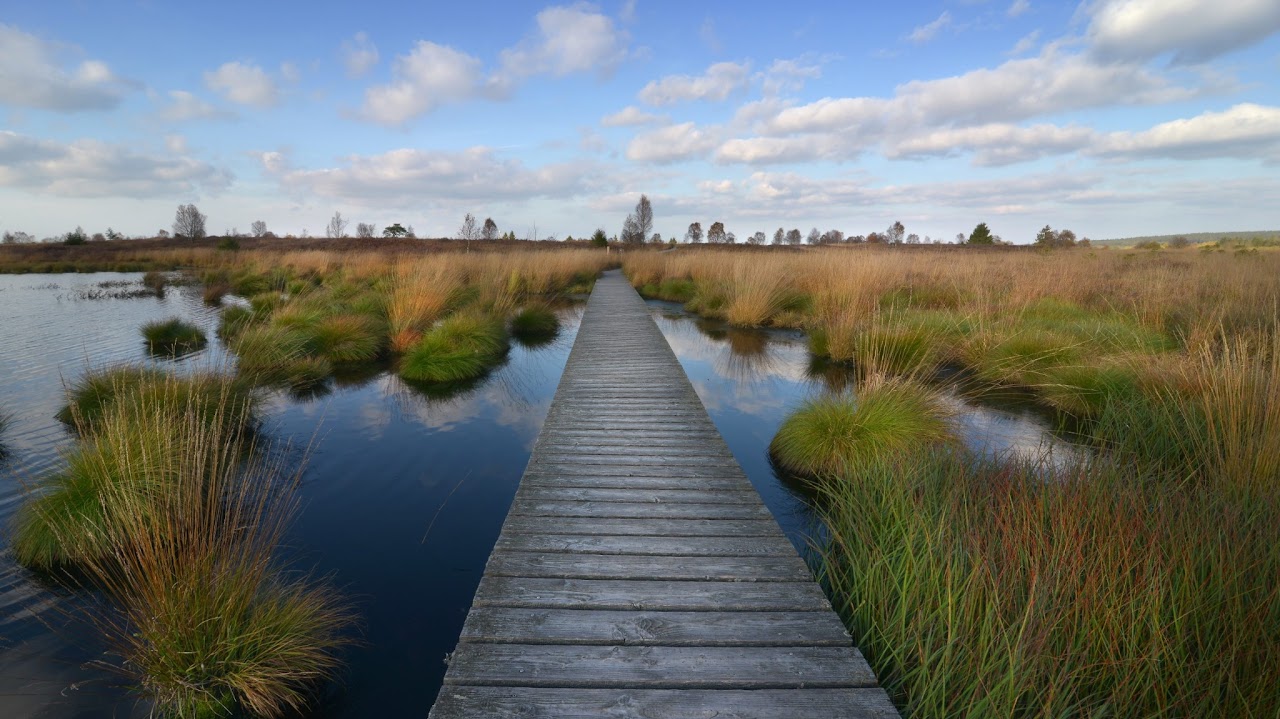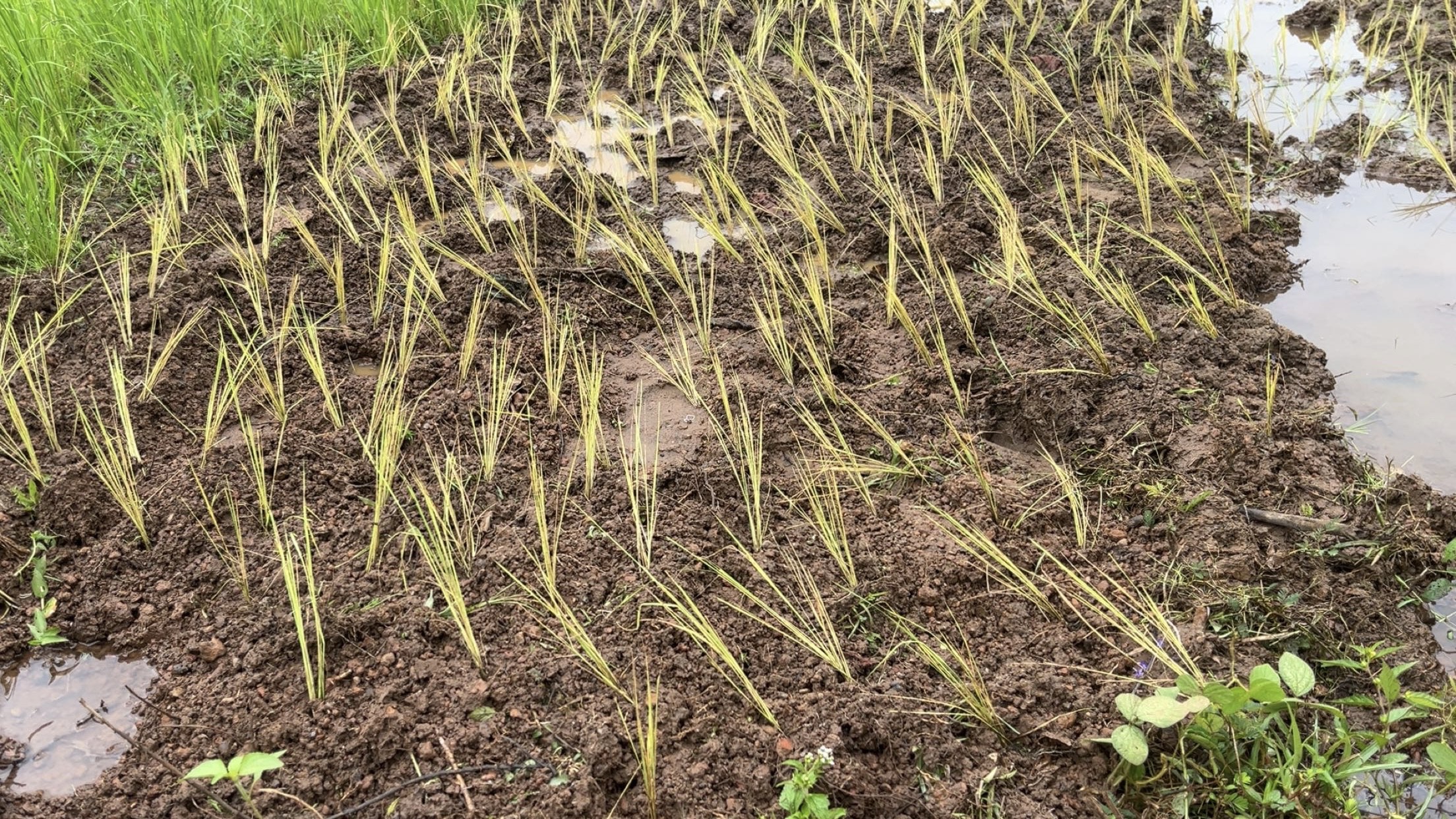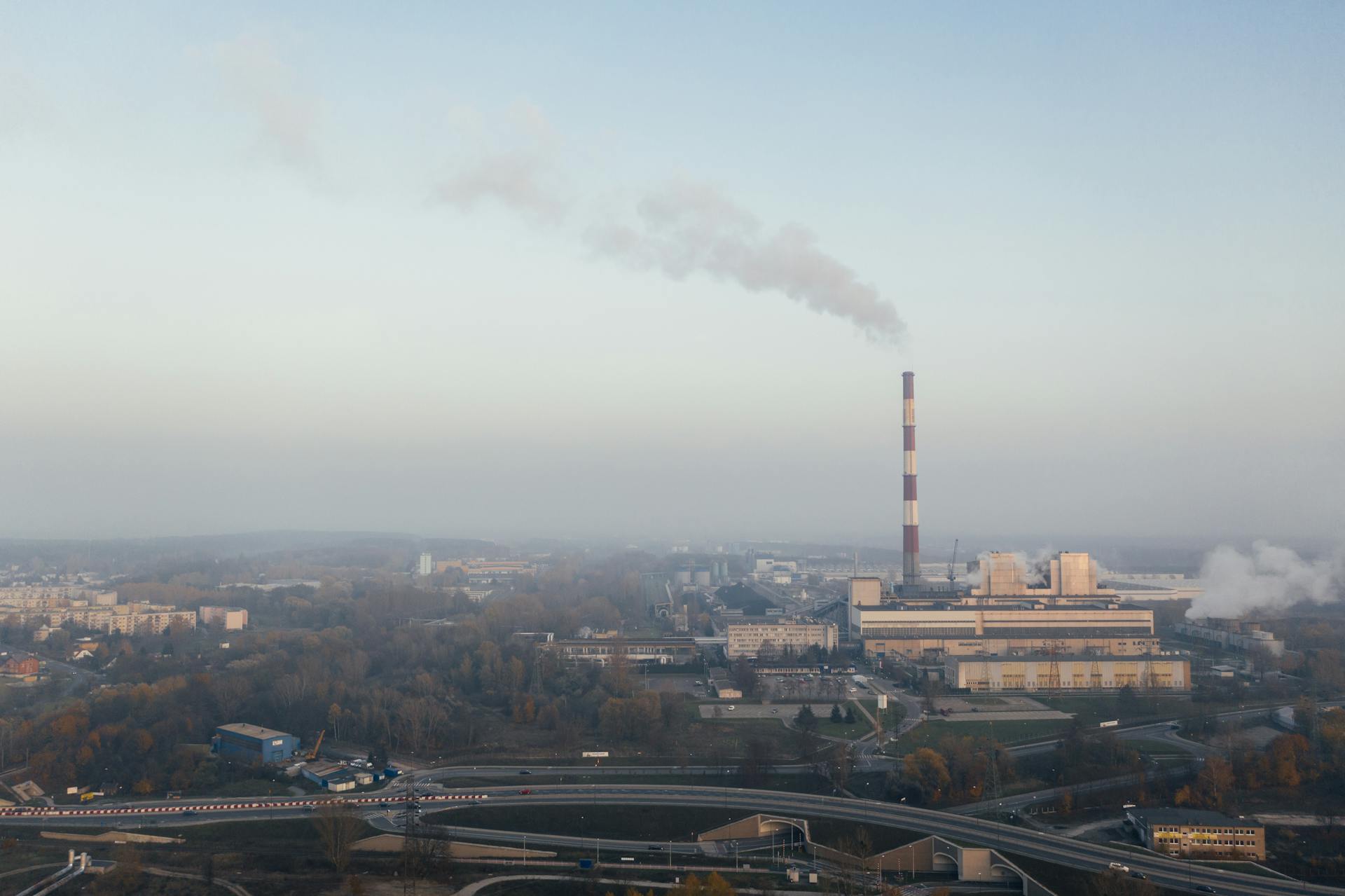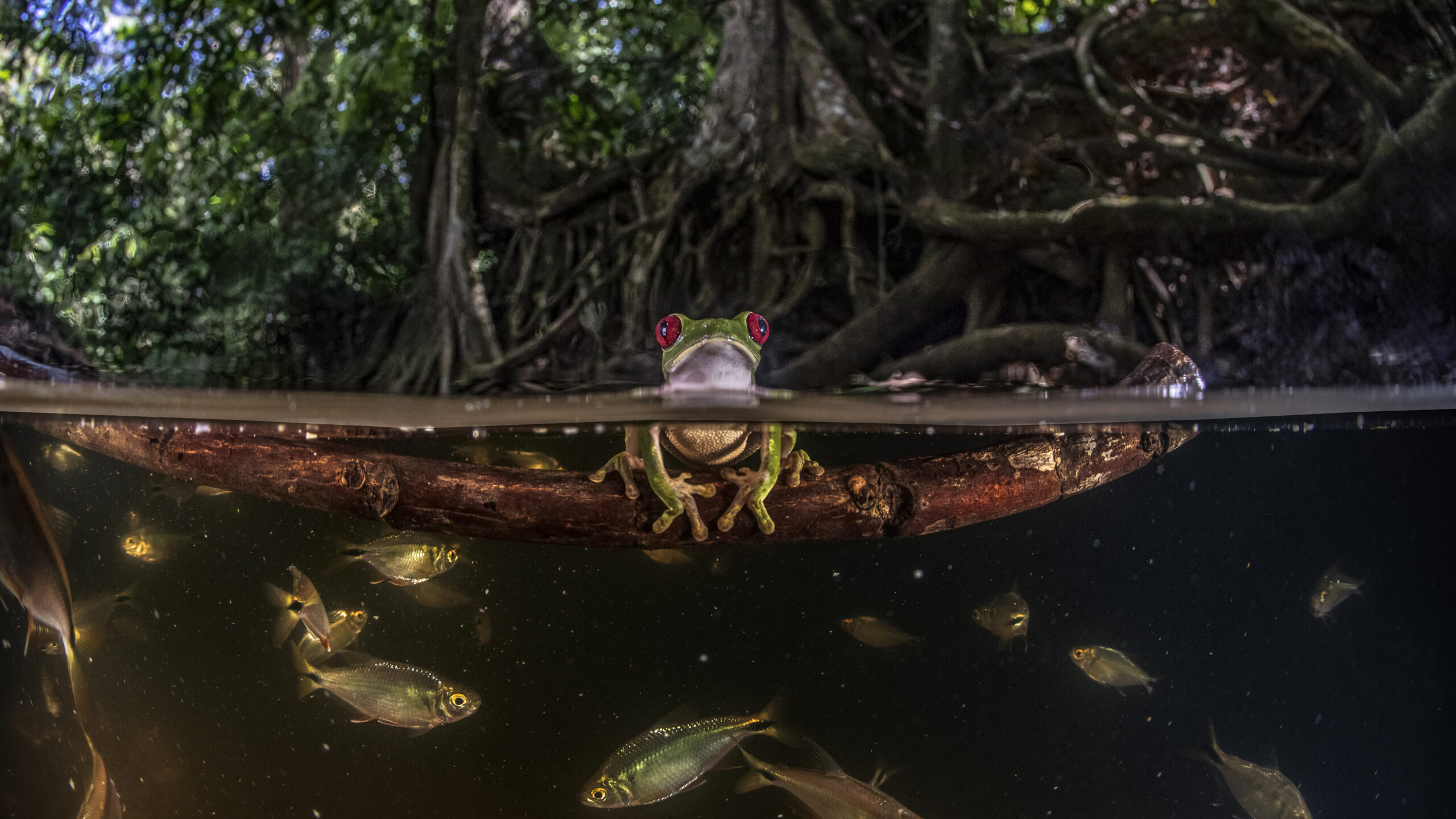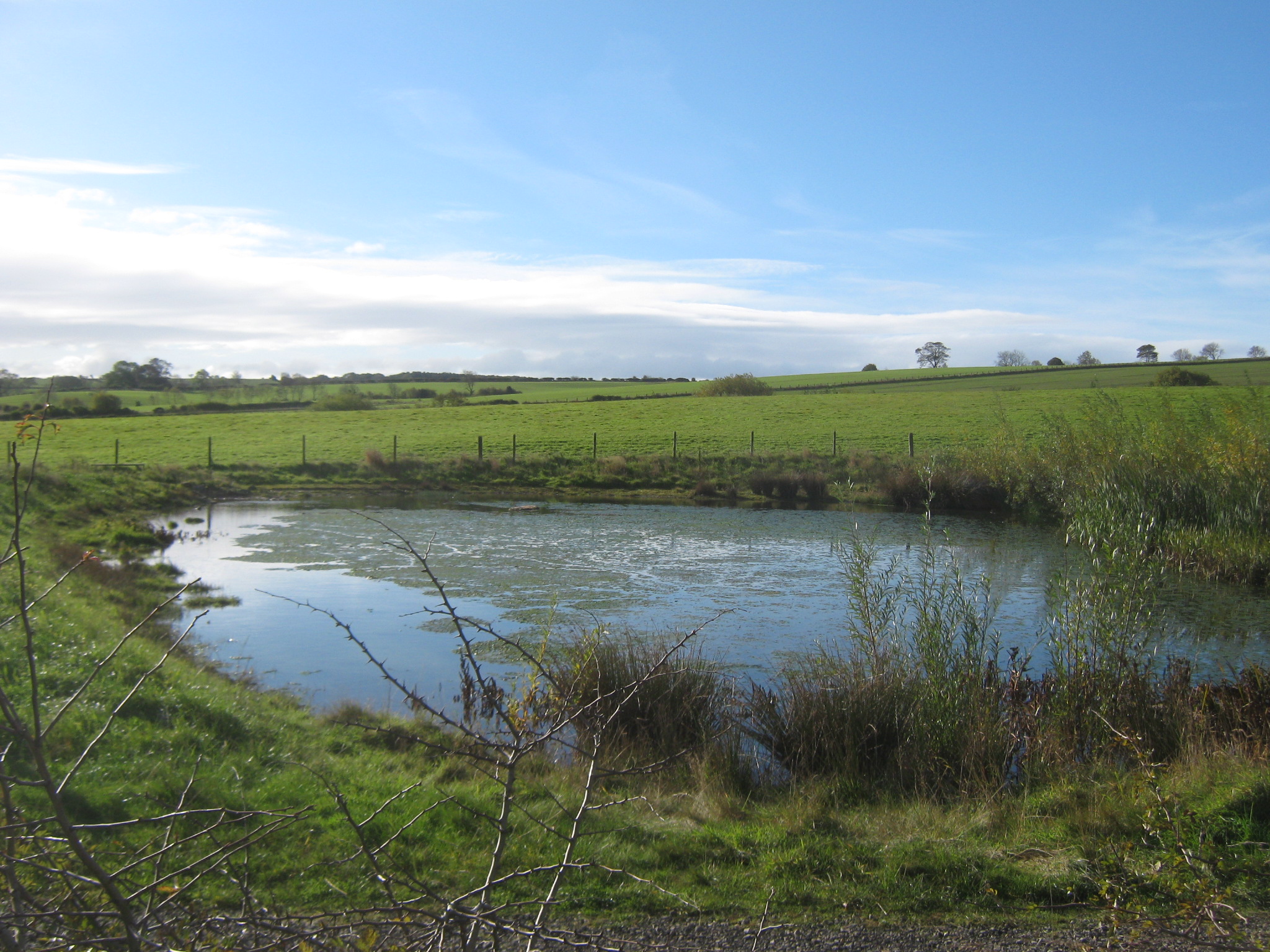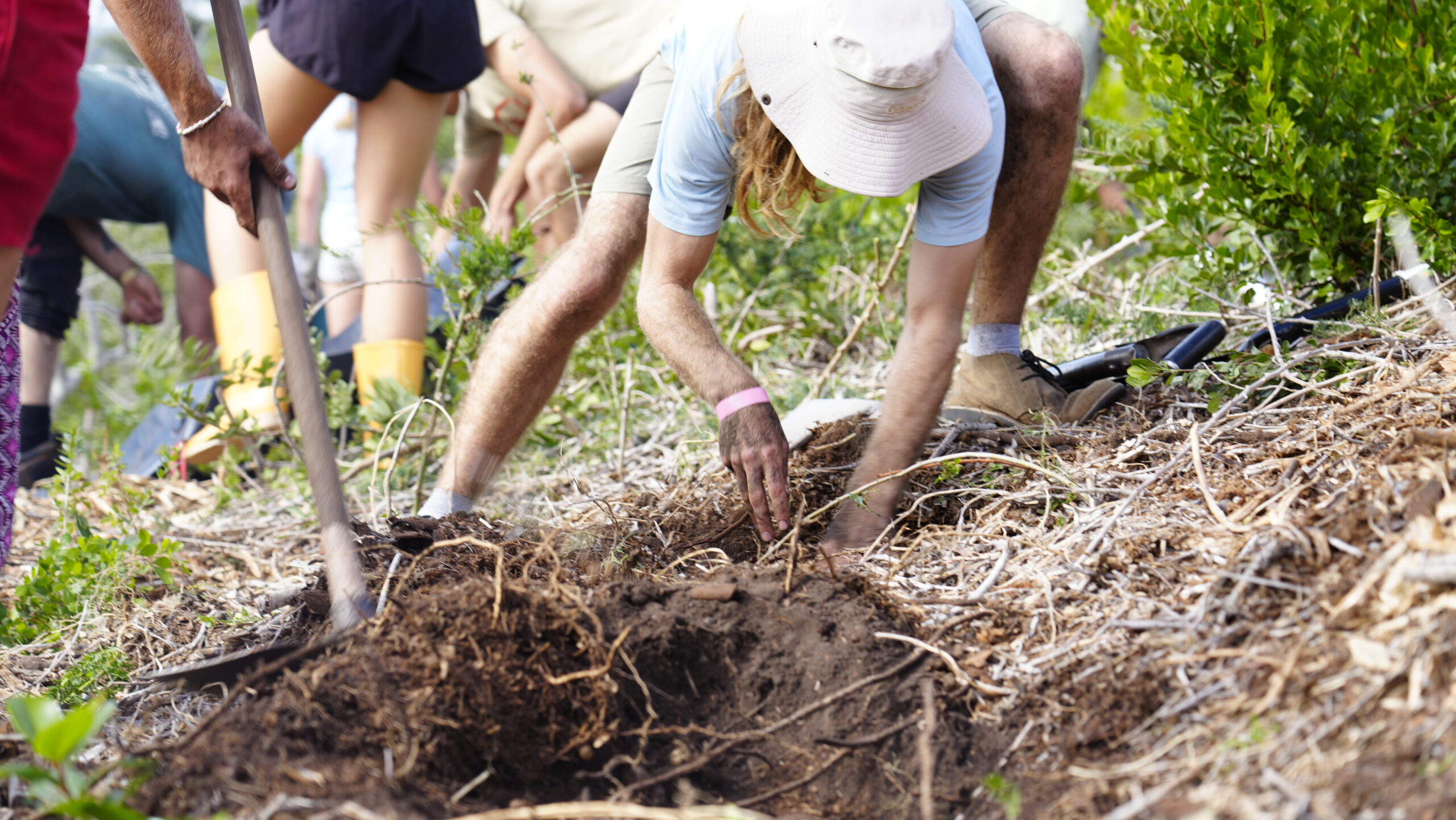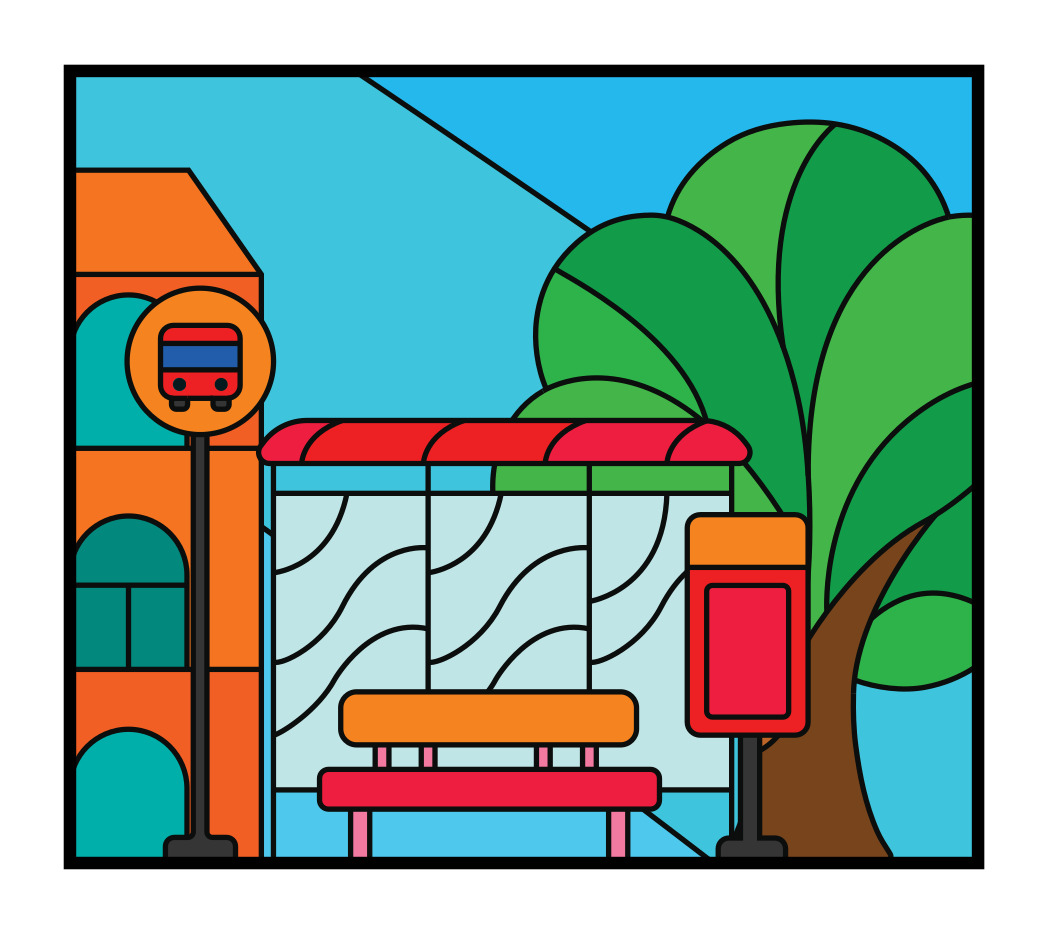Invest in Women in the Mining Sector to Accelerate Progress

Invest in Women: Accelerate Progress. In observance of the 2024 International Women’s Day, which is celebrated every year on 8 March, the G20 Global Land Initiative talks to Ghanaian entrepreneur Georgette Barnes, whose business is thriving in the typically, male-dominated mining sector.
Restoring degraded mines is an issue of particular interest to some of the G20 countries, which the GLI is leading. What’s the status of land restoration in this sector and what support do the women in the sector need to accelerate progress in restoration?
G20 GLI: It’s unusual to find businesses owned by women in the mining sector. How did you get here? How did the idea come about?
Barnes: I started working in the industry in 1994, as an Administrative Assistant, with multinational mining companies. They initially hired me for my proficiency in French, which is an asset in Francophone West Africa. I learnt about the industry, moved up the [corporate] ladder and found opportunities.
This led me to start Georgette Barnes Limited – a support service company providing geological, exploration, drilling supplies and services. I decided based on my experience and knowledge gained and the gap I realised existed in West Africa
G20 GLI: What obstacles have you faced? The three big ones and the three small operational ones?
Barnes: The big ones.
- Regulatory uncertainty,
- volatility in the mining industry and
- political instability in some of the countries where we have clients.
At the operational level:
- being a female-led business in a male-dominated industry
- high interest rates as a barrier to accessing to finance
- increasing competition from cheap and low quality products
G20 GLI: How you overcame these challenges?
Barnes: All of the issues persist. So, we adapt where possible, create solutions and move ahead.
G20 GLI: Mining is an important economic sector not only in Ghana, but in most African countries. Many of the world’s largest economies thrived on mining. Is the restoration of mined areas an important area of focus for mining companies?
Barnes: Mining is a global business where local action can become a global issue very quickly. So, Large Scale Mines (LSMs) do not have a choice, it is imperative that restoration is done. LSMs have to present reclamation plans. Governments in Africa have long recognised this as a prerequisite in the industry. In Ghana, for example, companies post financial bonds before mining licences are granted.
G20 GLI: Are there any gender related-challenges that you have encountered in this domain?
Barnes: The most common gender-related issues relate to Land. For example, the rights to own the land, women’s participation or voice when decisions to mine are being made. And decisions around land use and ownership.
G20 GLI: Can you share some of the best examples of mine restoration you are aware of?
Ms Barnes referred us to an article by Kenneth Bansah and others, about post-mining reclamation in artisanal and small scale mining. The article was published in 2016 in the International Conference & Exhibition on Advanced and Nanomaterials journal.
The article presents a successful case of restoring a degraded artisanal mine. Local communities worked in partnership with an Artisanal and Small Mine (ASM) operator, owned by a woman. The company worked with the local communities to fill in the excavated pits with rock, then covered with organic-rich top soil and revegetated with native plant species.
G20 GLI: To what extent are mined areas restored, in your experience? Are there any best practice examples that you know about?
Barnes: It is a legal requirement for the large scale mines. But the issue persists in the informal mining sector. She drew attention to “several examples listed on LSM websites.”
A quick review of the LSM websites by G20 GLI show three critical impacts of mining on local people. First, he destruction of landscapes beyond ecological and economic limits. Second, mining creates dumpsite. And third, mining creates a ground water deficit, followed by contaminated water once the land is reclaimed, necessitating, in addition, the neutralization of the water to ensure land restoration is effective.
Some of the detailed examples of successful mine restoration that G20 GLI found are from Germany, where potash, lignite and coals mines have been reclaimed.
G20 GLI: In your view, why does this matter? How does this matter? What is the responsibility of private firms such as yours in the mining restoration industry?
Barnes: Sustainability. The very existence of humanity depends on Forests and we need to treat this as urgent.
GBL as a company does not mine. We are suppliers and service providers to Large Scale Mining, which is regulated by the Government.
G20 GLI: The private sector has vast expertise in restoring degraded land. How can this expertise be utilized to scale land restoration of the one billion hectares pledged for restoration by 2030?
Barnes: We need to engage the private sector to learn from the success stories (in their field), and encourage them to share their knowledge and expertise. We need to build partnerships and encourage collaboration.
G20 GLI: Is there a role for ordinary people particularly women in the restoration of mined areas?
Barnes: There’s not only a role, it is a responsibility for all of us to look for opportunities to contribute as workers, trainers, etc, to share knowledge, attend community meetings and speak up about the need for restoration.
G20 GLI: How is or can technology – digital communications, Artificial Intelligence (AI) or the Internet of Things (IoT) – be applied to scale land restoration, including in mined areas?
Barnes: AI and IoT are all key tools that can be deployed to unearth knowledge and data more efficiently for the deployment of land restoration solutions.
The literature G20 GLI found online about artisanal mine restoration highlights the importance of investing in women in mine restoration for three reasons. In many of the affected communities in developing countries and among indigenous populations, women provide the food and water consumed by families. They are at the frontline of the impacts of mining. Second, women have the ability to run successful businesses along the entire mining chain, from production and to restoration. Lastly, women in the mining sector face similar challenges that women in the other land-related sectors face; from control of land to accessing technology, knowledge and finance.
